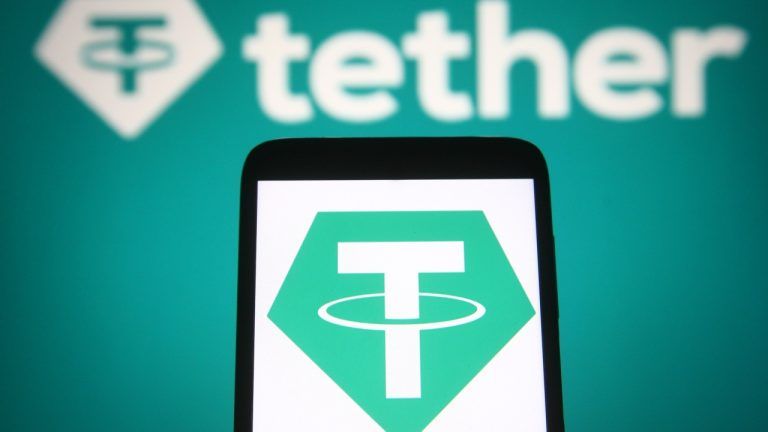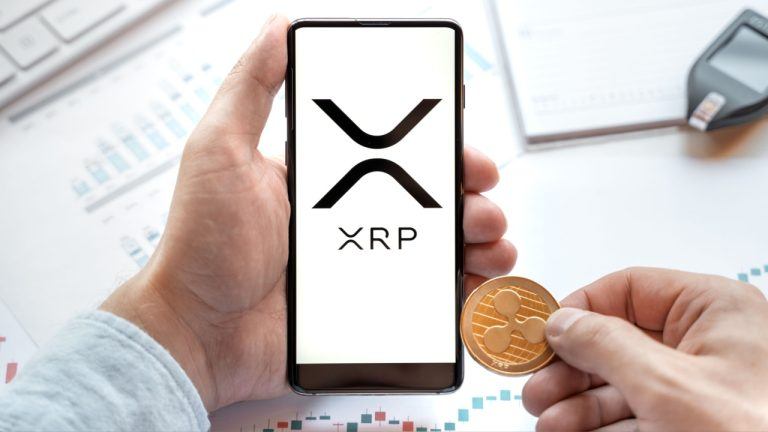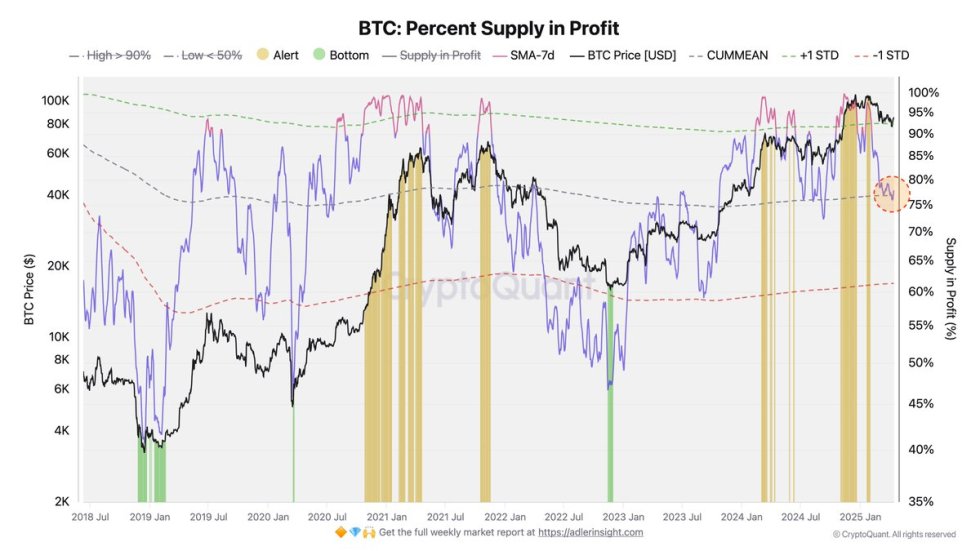Ethereum 2.0 has not yet taken off and is already facing a major problem. It is the concentration of power that staking pools can have, which could harm the decentralization of the network.
Ethereum Foundation researcher and developer Danny Ryan blogged about how staking pools can be a problem for ETH 2.0.
In addition, the withdrawal of pool funds for subsequent exchange and entry into other pre-launch projects, as has already happened with Equilibrium, LunaFi or Minosis Token, also proves in the long run, to be a liquidity problem. minor.
However, unlike traditional staking, where becoming a validating node requires depositing 32 ETH in a special contract, the staking pool allows users to deposit much smaller amounts of ETH and receive dividends for it.
As Ryan points out, these types of tools are attracting many more people. Liquid staking pools, as will be detailed later in this article, even offer the ability to withdraw the investment when desired. This reduces the risk of losses in case the price of ETH drops.
However, they could end up wreaking havoc on Ethereum's decentralization, given that many validating nodes will be concentrated in a single entity.
A scenario where most of Ethereum 2.0's validator nodes are controlled by a single entity could end up causing a feeling of distrust among its users as it is not a decentralized network. This regardless of whether or not this entity has good intentions about the use of its staking power.
Now, given the incentives that the staking pools have been showing, more and more ETH is being deposited on their platforms. This translates into more voting power of these pools on Ethereum 2.0, as the validators are platform-driven and not user-driven. This voting power could be used to make decisions that harm the network or only benefit themselves.
Lido itself, has spoken out on how it will reduce a possible centralization or monopoly within its protocol, establishing limits and choice of validator nodes.
This problem, which points to a risk of centralization, lies in the form of governance, according to Ryan. Platforms such as Lido have distributed governance, in which the holders of the native LDO token are the ones who vote for improvements to the platform. However, Lido's governance has been criticized before, as reported by CryptoNews, because it can be flawed and act against the Ethereum 2.0 protocol.
Users are on the lookout for profitability, but it looks like Ethereum 2.0 will be harmed.
[link] [comments]

You can get bonuses upto $100 FREE BONUS when you:
💰 Install these recommended apps:
💲 SocialGood - 100% Crypto Back on Everyday Shopping
💲 xPortal - The DeFi For The Next Billion
💲 CryptoTab Browser - Lightweight, fast, and ready to mine!
💰 Register on these recommended exchanges:
🟡 Binance🟡 Bitfinex🟡 Bitmart🟡 Bittrex🟡 Bitget
🟡 CoinEx🟡 Crypto.com🟡 Gate.io🟡 Huobi🟡 Kucoin.




















Comments